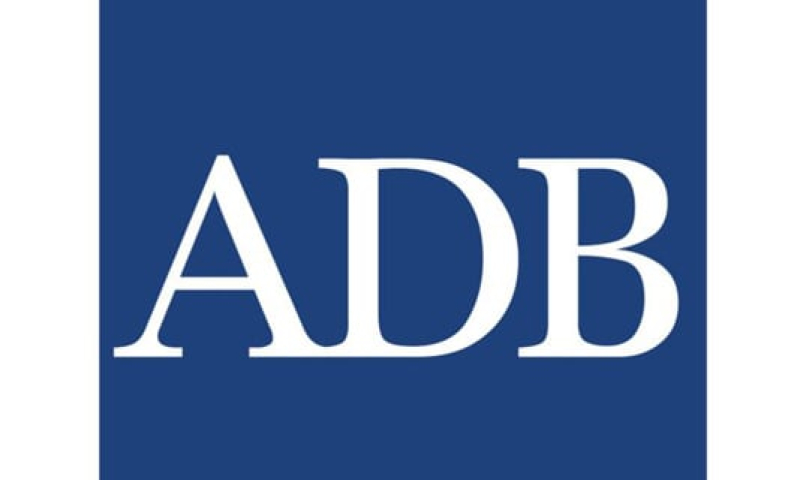- NCP Demands Impeachment, Arrest of President |
- PM Pledges to Modernise, Strengthen Border Force |
- Dhaka Tops Global Pollution List with Hazardous Air |
- Country Observes Martyred Army Day Today |
- 100 CSOs rally against Trump’s trade tactics, urge access to drugs |
Govt signs $400m loan deal with ADB for country's economic recovery

The government on Wednesday signed a $400 million loan agreement with the Asian Development Bank (ADB) to advance reforms in Bangladesh's domestic resource mobilization, improve efficiency and productivity of public spending, and help small businesses, especially women-led businesses to access low-cost innovative bank financing.
This loan is ADB's second subprogram of the Sustainable Economic Recovery Programme that was launched in October 2021 to support economic recovery after the COVID-19 pandemic.
Economic Relations Division (ERD) Secretary Sharifa Khan and ADB Country Director for Bangladesh Resident Mission Edimon Ginting signed the loan agreement on behalf of their respective sides.
The Finance Division along with the Financial Institutions Division, National Board of Revenue (NBR), Bangladesh Bank, Programming Division and the Central Procurement Technical Unit (CPTU) has formulated the Sustainable Economic Recovery Programme.
It focuses on the policy reform to mitigate the adverse economic effects caused by the COVID-19 pandemic and geo-political crisis. The program scope includes strengthening public financial management systems and improving access to finance for underserved market segments.
The prior actions of the programme were achieved by June 13, 2023. In the last fiscal year (FY22), the preceding agreement under this program, sub-programme 1 worth $250 million was signed.
This subprogram enables Bangladesh to enhance revenues, promote efficiency and transparency in public spending and public procurement, deepen the reforms of state-owned enterprises, and help small businesses and micro entrepreneurs to access low-interest affordable credits from the banking sector.
The program will enhance income tax collection through the adoption of the new Income Tax Act, reduce tax loopholes, strengthen compliance and enforcement measures, and broaden the country's tax net.
Transparency and efficiency in public procurement will be enhanced through strengthening electronic procurement and electronic payment systems, while approval of public projects will be facilitated through the newly launched digital system of public project appraisal and approval process.
The new package supports the launch by Bangladesh Bank of innovative financing services through commercial banks to provide low-cost microcredit using digital channels and e-wallet.
It facilitates bank lending to marginalized and landless farmers, small traders, and low-income earners. Micro and small businesses and women entrepreneurs who do not possess land or property will also be able to access finance based on their trade receipts and other forms of nonfixed collaterals, such as small equipment and machinery.
Promoting gender equality and social inclusion and addressing the climate change agenda in public investment and national budgeting are some of the key activities of this new program, reports BSS.

